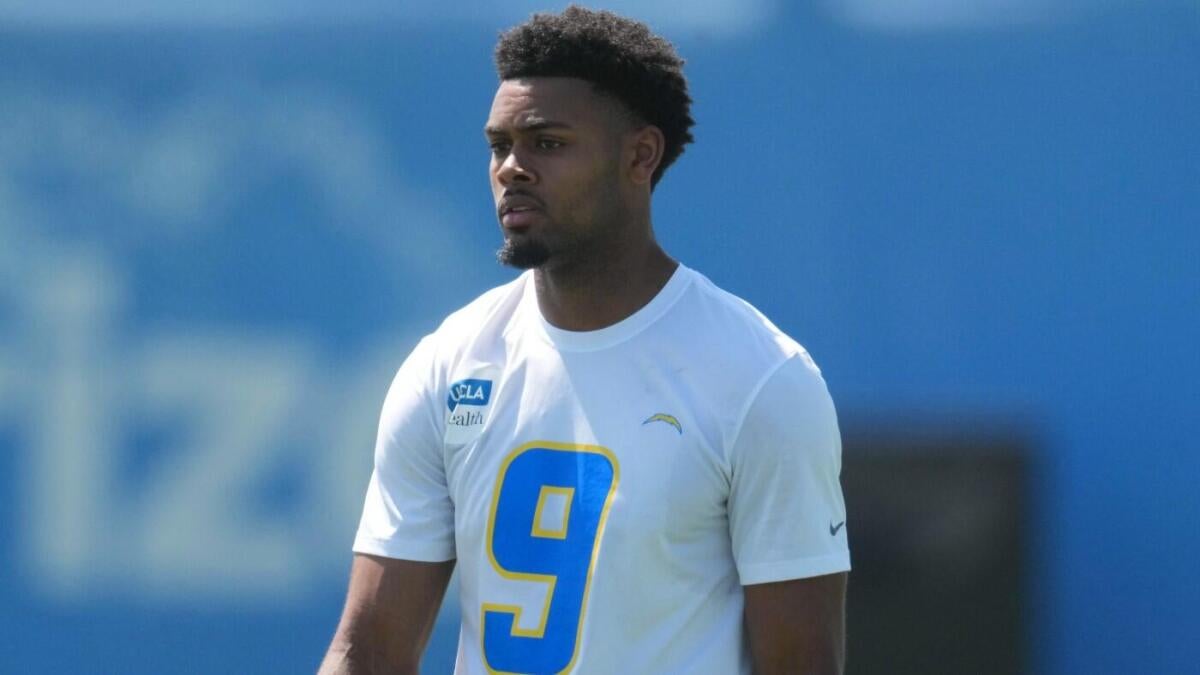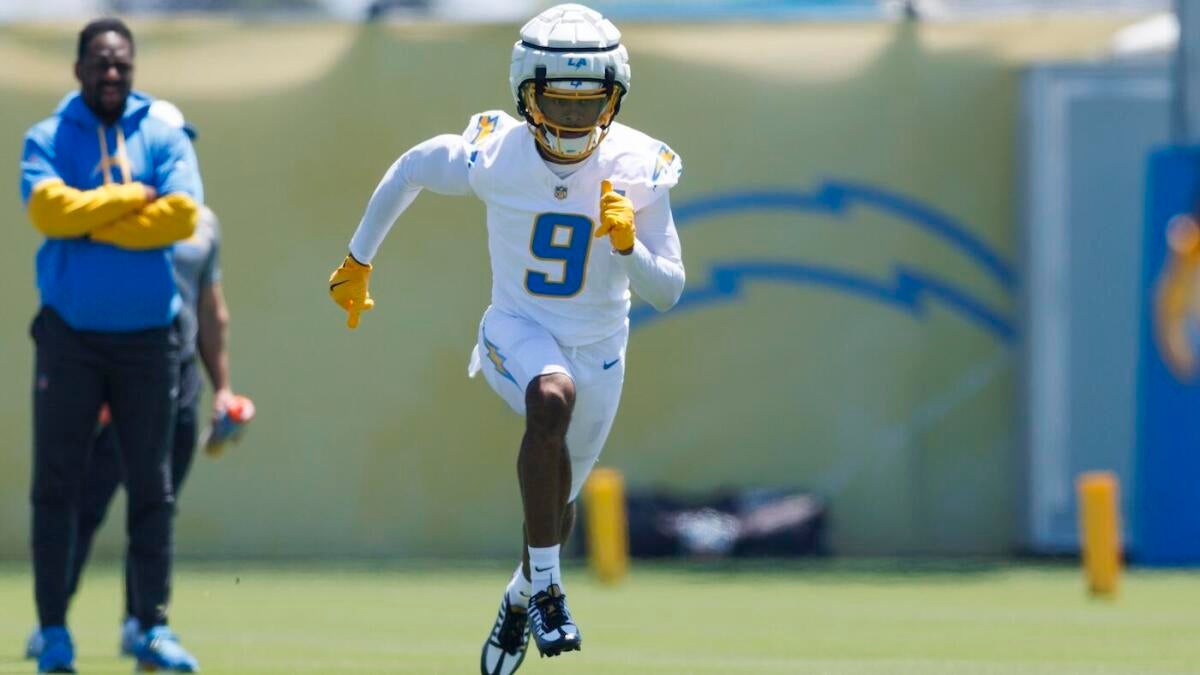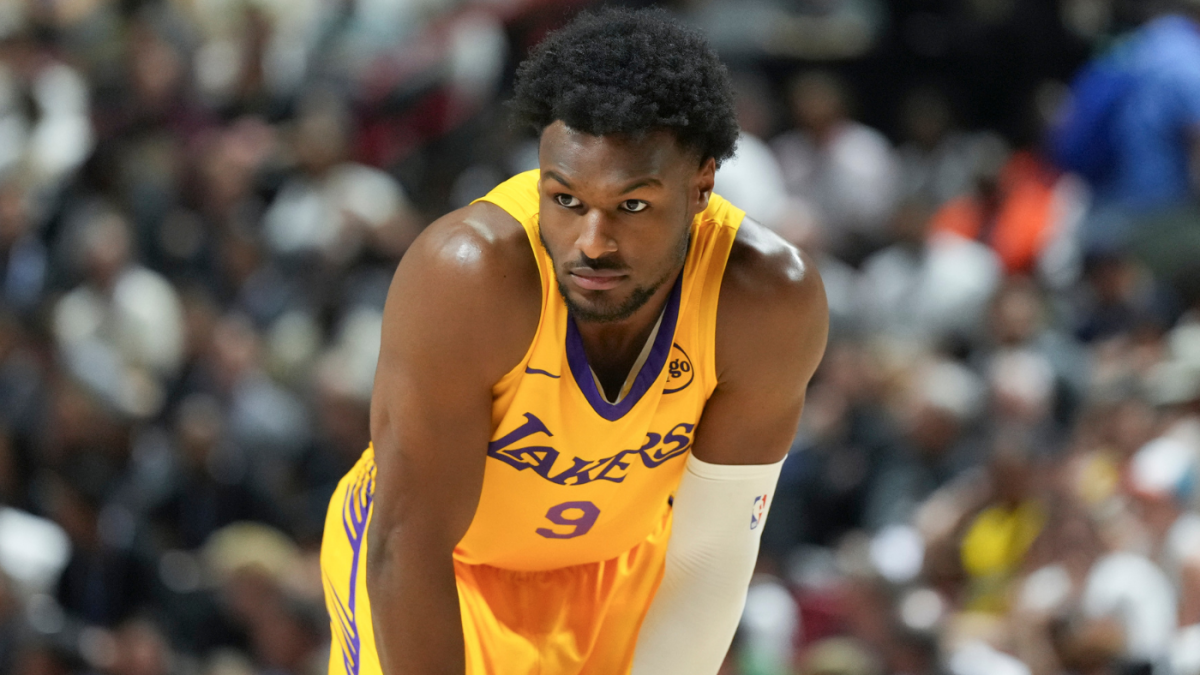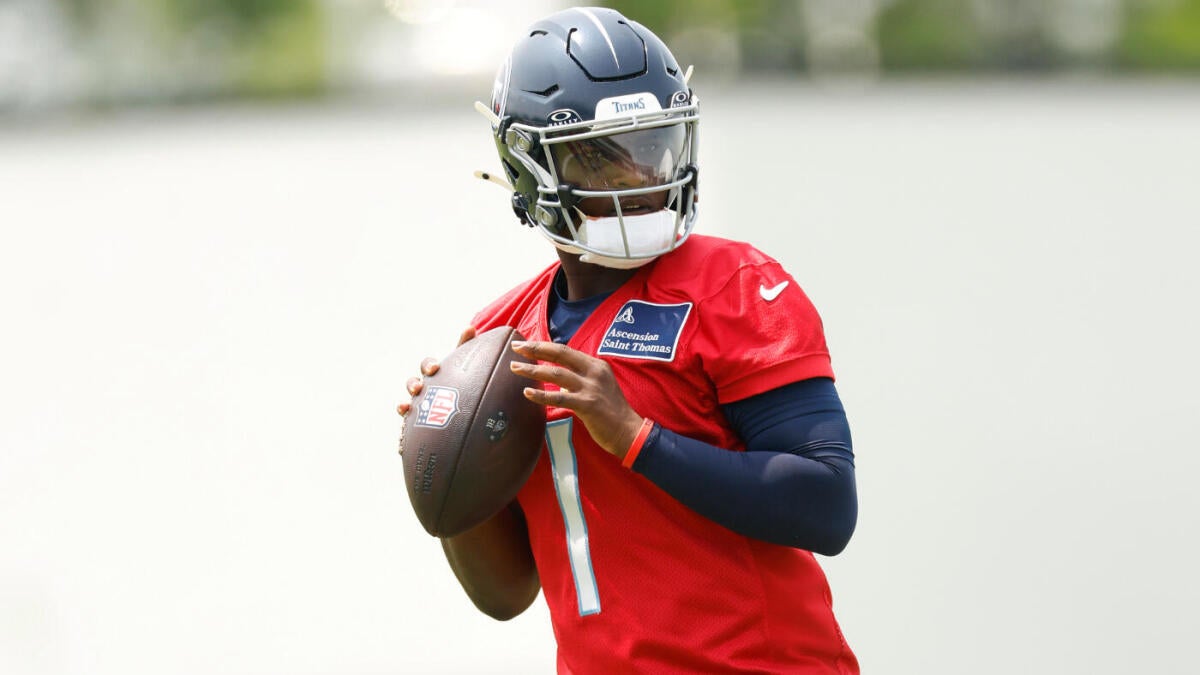
NBA fans are provided with a great experience, and the viewing of games is only a small part of it. All the people who are interested in playing Fantasy Basketball, but haven’t decided whether to make an investment in the game or try their hand at Daily Fantasy Sports (DFS), wonder exactly the same thing.
These two formats may look alike on the surface, both involve picking actual NBA players and accumulating points based on their performance, but what they’re made up of and who they’re intended for are poles apart.
Basic formats
Day-long fantasy basketball places participants in the role of general managers, managing rosters across the entire NBA season. Success requires consistent strategy, a sharp eye for breakout talent, and the ability to adapt as players are traded, injured, or fluctuate in performance.
In a way, it’s less about a single bold move and more about navigating the highs and lows, much like players do in games like Gates of Olympus, where outcomes shift constantly and long-term play often tells the real story.
As Hayden explained, he was playing hundreds of thousands of DFS contests throughout the season, creating new lineups every day under formats like Hayward’s CBS salary cap game. The speed is fast, and this is sure to attract fans seeking any form of engagement. It is a completely different workload from the slow grind of season-long fantasy, yet each serves as its alternative immersion in the game.
Strategic Depth vs. Quick Wins
The distinction between the two is not just about how long they last but the type of thinking they reward. Fantasy Basketball is a marathon. It rewards those who can plan weeks in advance, sniff out waiver wire gems, and ride out injury storms. For someone who enjoys the rhythm of the season and camaraderie with league mates, this format feels like a chess match that unfolds over months.
DFS, however, is all about the sprint. It demands that players stay plugged into the daily news: Who’s injured tonight? Who’s facing a weak defense? Success here hinges on fast reactions, data analysis, and sometimes, gut instinct. You can jump into a contest, set your lineup, and know the results within hours. That appeals to a different mindset: those who like their basketball with a side of instant feedback.
Social Vibes and Competitive Angles
While some may point to social groups that form when friends or co-workers come together for this type of league as being ‘marginal at best,’ it is this kind of league that is the breeding ground for those rag-tag communities. There’s banter, trades, rivalries, maybe even some minor heartbreaks when your star player gets injured during the playoffs. It’s personal and often very fun.
Daily fantasy sports tend to be more faceless than traditional season-long play. You’re up against a pool of strangers, often very good players who submit multiple entries. While this can make the competition stiffer, it also strips away the social aspects that many traditional leagues are built around. On the other hand, some love the on-demand factor, free from the shackles of a season-long commitment.
The Role of Risk and Reward
It has to be said that each format brings its own balance of risk and reward. In season-long fantasy, the reward comes slowly. A good season ends with a league title and bragging rights, or maybe a modest payout if money’s involved. DFS offers that day-to-day potential to win or lose, which could be compelling to those that crave instant results.
But here’s the rub. Fast speed in DFS can be too impulsive. It is fast, and the learning curve can be steep when many numbers are being thrown around, without thinking things through first, with maneuvers instantly turning into losses. It’s a bit like taking the fast and exciting super-express train, but players must know their stops.
All in all
Watching NBA games can be as varied as the detailed Season-long Fantasy format or as simple as watching your favorite team play every night in DFS. The Season-long format is for strategists who prefer thinking steps ahead, assembling a team, and relish league competition. Meanwhile, DFS is for the fans who want quick games, be tested every night, and need flexibility, to compete whenever they have time. There is no one correct way to play; it’s all about your schedule, what you like, and how you play.
You can trade on a weekly basis or build the perfect one-day lineup, but both keep you engaged with the game. All in all, it’s a new and more hands-on approach to experiencing basketball as an extension of the court.
Go to Source
Author: Team Dunkest
July 17, 2025 | 6:01 am




































